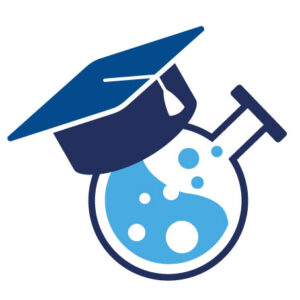
What is NEXT_GEN_MAT
The “Next Generation of Innovative Materials Specialists” project aims to create a multidisciplinary professional program to train future workers in the civil and infrastructure sector. The primary goal is to prepare and utilize innovative materials for soil improvement, quantifying and reducing their environmental impact.
Partners:
- GEEG – Geotechnical and Environmental Engineering Group, Italy
- DTU – Technical University of Denmark, Denmark
- SAPIENZA University of Rome, Italy


Objectives:
- Train participants in laboratory settings for practical applications of innovative materials
- Provide a critical understanding of the environmental impact of traditional and innovative construction materials
- Equip participants with the skills to evaluate optimal solutions for specific cases, considering environmental consequences
Activities overview:
- Start Date: 15/09/2024 – End Date: 15/07/2025
- 10 selected participants
- 60 hours of blended in person / online session
- 2 Laboratory practical training (4 days each) in Rome (Italy) and Copenhagen (Denmark)
- All travel and accommodation costs covered
- Attendance certificate

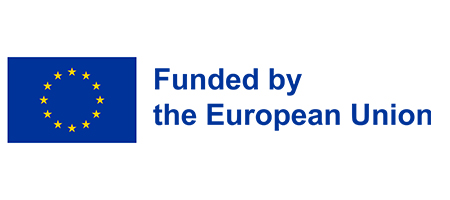

1. Blended Interactive Sessions
Duration: 60 hours
Estimated Dates: 15/09/2024 – 31/12/2024
The blended interactive sessions will cover theoretical and practical aspects. Six sessions and two virtual lab tours will be organized, conducted by researchers and professors from Sapienza, GEEG, and DTU.
The sessions will include:
General introduction of the project and partners (1.5 hours each)
Virtual tour of the DTU lab (7 hours)
Virtual tour of the GEEG lab (7 hours)
Binder and aggregate production (4 hours)
Technical lectures and laboratory tests on aggregates and mechanical properties (36 hours in total, divided between DTU and GEEG)
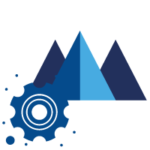
how to select and prepare the materials and mix design
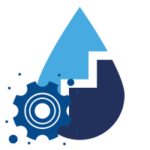
how to characterize the prepared mixtures

how to test their efficacy in soil stabilization applications
2. Laboratory Practical Training at DTU
Duration: 4/5 days
Estimated Dates: 31/01/2025 – 16/02/2025
This activity includes organizing practical training for participants at DTU’s geotechnical laboratory in the field of characterization and mechanical testing of innovative materials. The goal is to provide detailed knowledge on the physical and mechanical properties of innovative materials, as an alternative to cement. The practical training will allow participants to gain hands-on experience with these materials through small-scale laboratory tests.
3. Laboratory Practical Training at GEEG-lab
Duration: 4/5 days
Estimated Dates: 09/06/2025 – 14/07/2025
This activity includes organizing practical training for participants at the GEEG geotechnical laboratory in the field of applications of innovative materials and efficacy testing in soil improvement. The goal is to provide detailed knowledge on the physical and mechanical properties of innovative materials and their effective use on-site by simulating medium-scale injection tests in the laboratory.
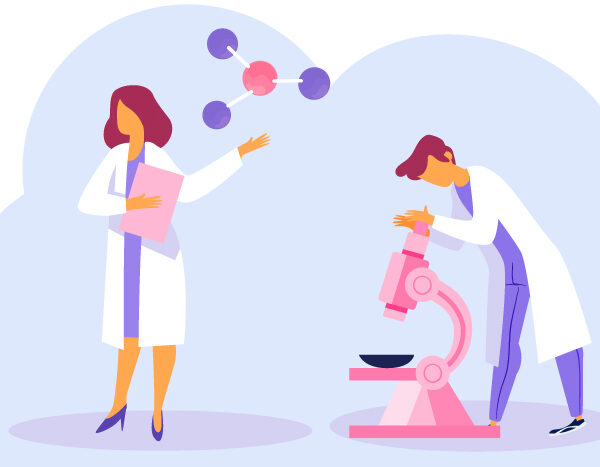
Who are the partners?
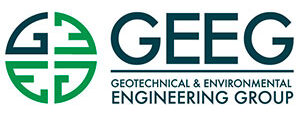
GEEG is an Innovative Italian SME that puts together the geotechnical, civil and environmental engineering world to generate a positive and concrete impact on tunnelling and large underground works.

Founded in 1303, Sapienza is the most ancient university in Roma and the largest in Europe. Its mission is to contribute to the development of knowledge society through research, excellence and quality instruction and international cooperation.
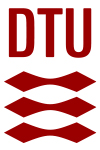
DTU is an university situated in Kongens Lyngby, northern Copenhagen. It was founded in 1829 by Hans Christian Ørsted to be the first danish polytechnic; DTU is today one of the most important european engineering institutions and the best engineering school in northern Europe.
Target Groups:
10 participants will be selected on the basis of spontaneous applications
participants should be +18 with at least a vocational high school certificate and basic English knowledge
The project aims for 40% male and 60% female participation, dedicated places are provided for foreigners and second-generation immigrants.


Participation and Enrollment:
Interested people can apply by sending an email to projects@geeg.it with a cover letter, a reference letter, and their CV.
The selection process includes resume evaluation and interviews conducted by a scientific committee comprising representatives from the partner organizations.
Expected Outcomes:
- Participants will gain practical experience in material preparation, environmental impact assessment, and soil stabilization techniques.
- Enhanced employability in the civil and infrastructure sector with specialized knowledge in innovative materials
Project Benefits:
- Promotes inclusivity by providing training opportunities to underrepresented groups.
- Fosters collaboration between academia and industry to address environmental challenges in construction.
- Supports the European Union’s sustainability goals by reducing the environmental impact of construction materials.
News, test protocols, best practices

